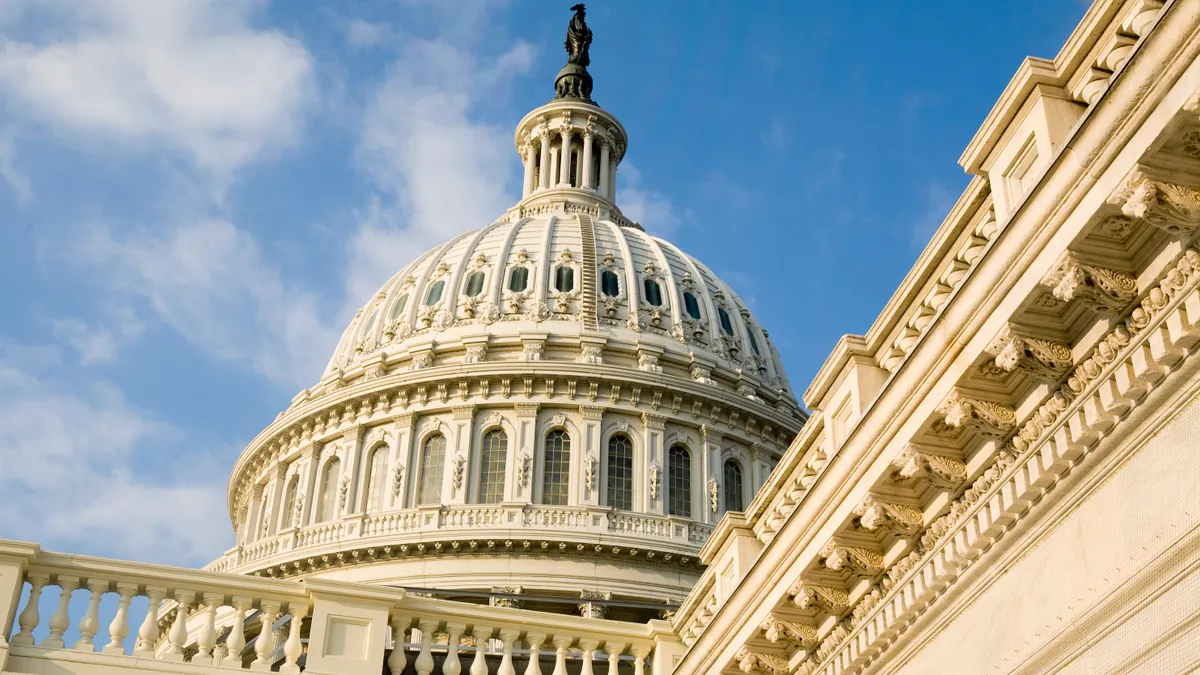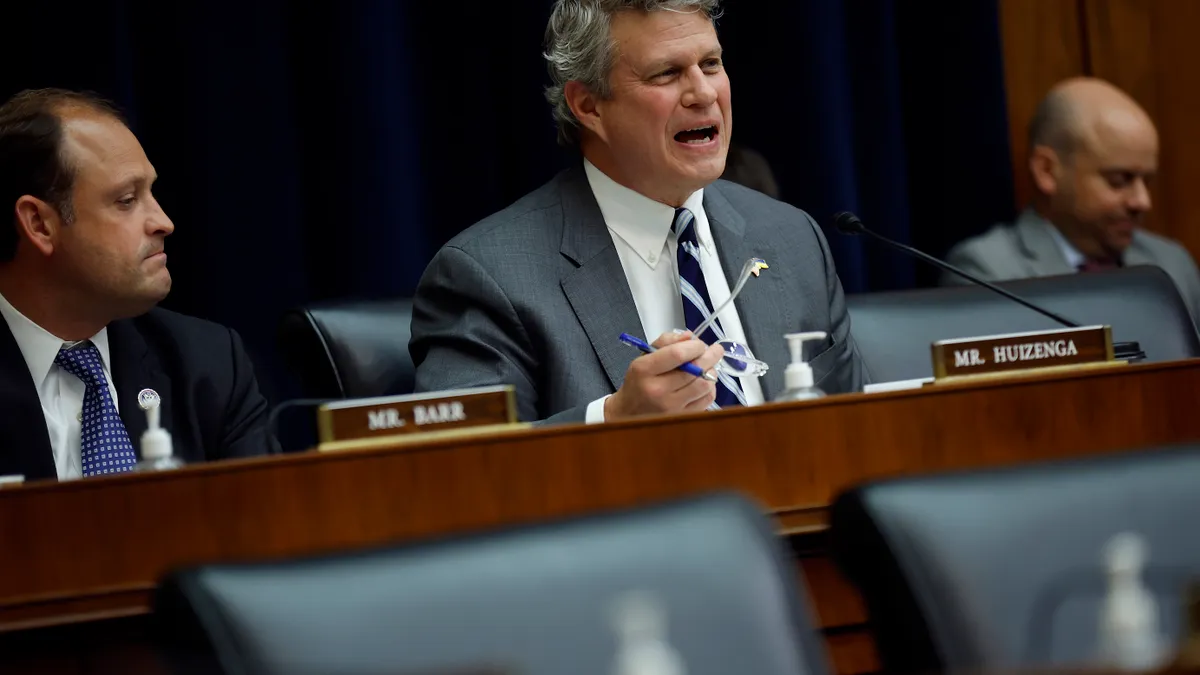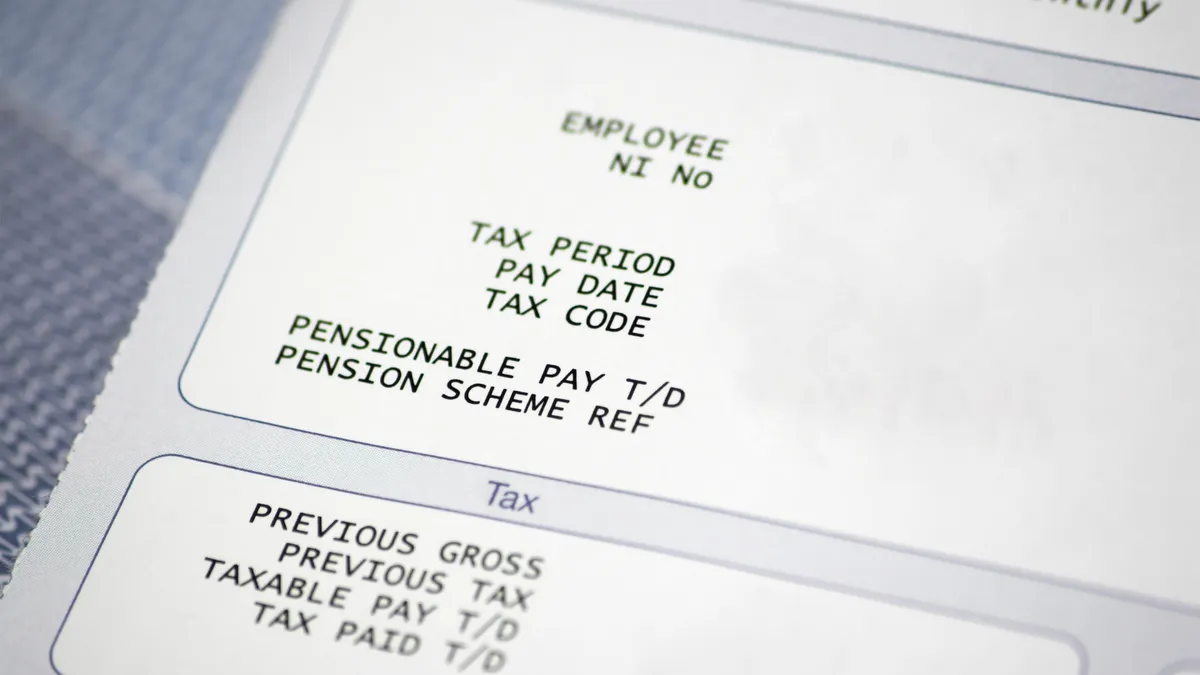Cryptocurrency legislation may be one area where warring Republicans and Democrats in a divided Congress may still find common ground, particularly following the epic failure of crypto behemoth FTX.
While the House shift to Republican control may hamstring other legislative priorities as that chamber chafes against the Democratic-controlled Senate, the two parties may actually agree that crypto is overdue for legislation that provides guardrails for the industry and safeguards for consumers.
This month’s collapse of FTX, a major crypto exchange with a $32 billion valuation before it filed for bankruptcy last week, robbed users of their assets and upended the digital currency world. While news surfaced this month, just before the FTX implosion, that regulators were investigating the company, those revelations felt like a little too little, a little too late, at least in that case.
It’s not a lost cause for the broader industry. Crypto has persisted and grown in fits and starts for more than a decade. On a parallel track, central banks worldwide have been adopting digital assets. So, the concept of an ongoing blockchain-based currency world would seem to have staying power.
Even before the ugly FTX industry milestone, Democrats and Republicans on the House Financial Services Committee had been coming together on basic legislation aimed at creating a regulatory framework for the industry.
In that effort, Democrats, led by House Financial Services Committee Chair Maxine Waters (D-CA), had been negotiating a bipartisan deal with Republicans, headed by Patrick McHenry (R-NC), the ranking member on that committee who is now likely to take her place as chair.
With even crypto industry players calling for more regulatory clarity, or at least giving lip service to the idea, politicians would seem to have cover for moving ahead on installing new laws to oversee the industry. Of course, the devil will be in the details, but FTX should offer some clarity on areas most in need of more regulatory purview.
In comments last month at a fintech conference, McHenry acknowledged the congressional shortcomings on the digital asset front. “The only regulation there is, in existing law around the movement of digital assets, is money transmission licenses that are issued through the 50 states,” he said. “That doesn’t look like a regulatory regime. It doesn’t look thoughtful. It doesn’t look innovative. It actually looks pretty retrograde.”
At that time, before results of the election were known, McHenry said the committee would focus next year on defining a digital asset and reviewing a means of exchange.
In the meantime, he described how he and top Democrats, including Waters, have crafted a bipartisan piece of legislation that provides a starting point in the fast-changing digital asset arena. While that may change now, his comments last month suggested there is a spirit of bipartisanship on the topic.
“I appreciate the trade-offs that my Democratic counterparts have been willing to make so that we can actually have a piece of legislation,” McHenry said.
In response to the FTX drama, at least one House Democrat on the committee, Rep. Stephen Lynch (D-MA), still seems to be in the mood for moving ahead with crypto legislation.
“The circumstances surrounding (FTX’s) collapse strongly point to the need for developing thoughtful regulation to protect U.S. investors and preserve market stability in the crypto space,” Lynch said in a statement Wednesday. “As Chairman of the Task Force on Financial Technology, I look forward to reviewing the results of investigations undertaken by U.S. and international regulators and I will continue to work with Chairwoman Waters to examine and address the critical oversight lapses that facilitated the collapse of FTX.”
The Republicans gaining control of the House could advance that dialogue as the newly empowered party seeks to make an impact. Former Republican Congress member Cory Gardner, who now has a leadership role at the Crypto Council for Innovation, was predicting movement on the crypto front even before the election results arrived.
"The US's digital future will be front and center in the 118th Congress,” Gardner said in an emailed Nov. 7 statement. “We expect key crypto legislation to move forward.”
Dubbing it the “Crypto Congress,” Gardner said he was hopeful the new members addressing crypto legislation would “spur meaningful economic growth” and ensure “a digital future where crypto’s full potential is realized.” As a former member of the Senate most recently, and of the House before that, Gardner is in a position to know how difficult that effort may be.
And from his new perch, as chief strategist of political affairs at a council advocating “inclusive regulation,” Gardner would understand the odds the industry is up against in winning a congressional consensus. His organization has backing from payments player Block and crypto exchange giant Coinbase as well as one of the biggest venture investors in the arena, Andreessen Horowitz, and the financial industry stalwart Fidelity.
“The partisanship of crypto is crypto – it’s not blue or red, not Republican or Democrat,” Gardner said in a statement Wednesday as election results were still solidifying. The council’s allies “hail from both sides of the aisle,” he added.
Despite what seems like chronic gridlock in Washington these days, maybe crypto is one area where it will be politically advantageous for both parties to claim a legislative win.



















